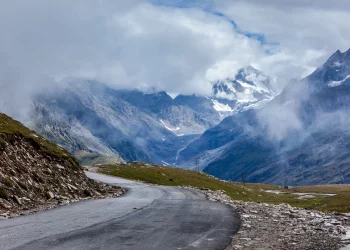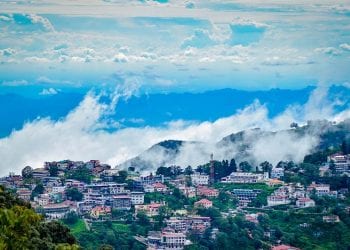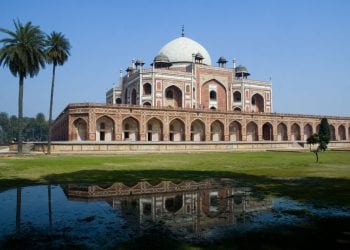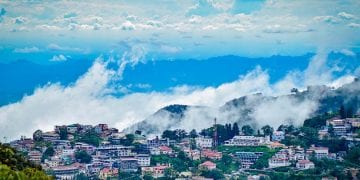7 Things To Do In Majuli – Largest River Island In The World
We all hear abundant stories about the wonders of the north eastern states of India. We hear about their verdant valleys, vibrant meadows, dense forests and misty mountains, all in all they come to the point of resembling a fantasy wonderland in our minds.
Apart from these attractions, one other important natural landmark is present in this region in the state of Assam. This is where the world’s largest island is situated. Majuli, the largest river island in the world is situated right at the heart of Assam on the turbulent waters of the Brahmaputra River. In spite of the island losing quite a bit of its landmass to the rising waters of the Brahmaputra River, it is still recorded in the Guinness Book of World Records as the biggest riverine island in the entire world.
When and how to go
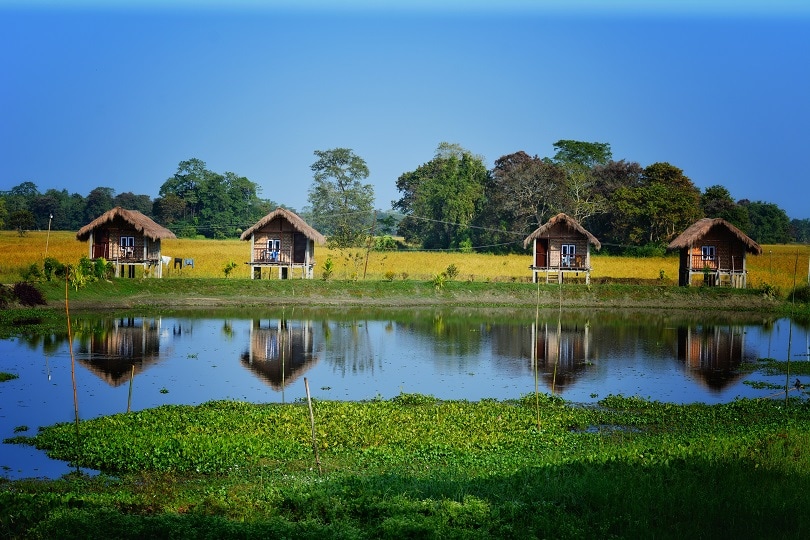
The only season you should consciously avoid while planning a trip to Majuli is the summer season. The intense heat and nauseating humidity is quite unbearable at times, especially if you are hailing from a place which has a lower temperature. Even if you are from the typically hot regions, a vacation is supposed to be enjoyed in leisure. And when you want to get wet during the tour it’s pretty apparent that you want to do it by taking a dip in the river or a swimming pool but definitely not by drenching in your own sweat.
Winter offers a very cool climate which would enable you to enjoy the natural vistas without much ado. The monsoon is also a great time to visit this island as the heavy rainfall brings life back to the vegetation and the area in general after the oppressive summer heat waves. The rejuvenated island and its lifeforms are a treat to adore during the monsoons. But due to the slight risk of a flood during the monsoons, the winter is considered to be the best time to visit the place.
As it is apparent from Majuli being an island, roadways and railways are not viable options. So no cars or trains. (Unless of course you happen to possess the Batmobile, in which case you can even go to the moon). Jokes apart, the only viable way to reach the island is though ferries. You can take a flight or train to Guwahati and from there reach Jorhat, which is the nearest town to Majuli, by car or bus. From there, the ferry is your only option.
Top Things to do in Majuli
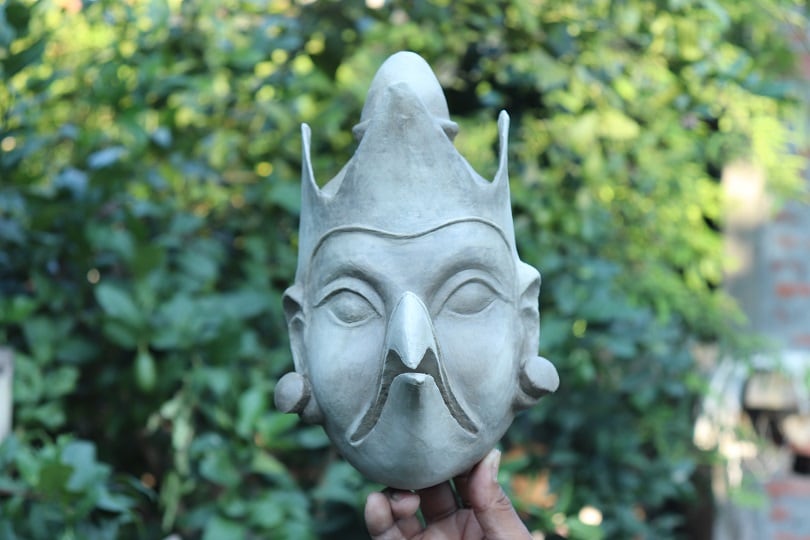
There are a number of experiences one can look forward to in Majuli. Apart from its geographical importance, it has an extremely important cultural importance in the lives of the local Assamese people. It is the seat of the neo-Vaishnavite movement and has been a longstanding seat of religious harmony and peace. It is also the first island to have gained the status of a district.
Top 7 Things To Do In Majuli
- Garmur
- Kamalabari Satra
- Dakshinapat Satra
- Auniati Satra
- Tengapania
- Benegenaati Satra
- River activities
1. Garmur
This is one of the holiest sites of the Vaishnavite tradition which has its roots here. This site harbors literary writings, artefacts and many other things which holds cultural and religious value to the Vaishnavites. Anybody who wishes to learn more or gain knowledge of the traditions and practices of the neo-Vaishnavites should visit Garmur. It also offers a tranquil environment to find true peace and achieve inner happiness.
2. Kamalabari Satra
The Vaishnavite is very much intertwined with cultural movements and practices. The Kamalabari Satra is a hub of Majuli’s intellectual, cultural, musical and spiritual learning. Apart from that it also holds a number of valuable manuscripts and priceless pieces of art related to the Vaishnavite culture.
3. Dakshinapat Satra
A regal monument, one of the many in Majuli, this Satra is famed for its extravagant celebrations of the local Vaishnavite festivals namely the Rasotsava. Singing and dancing are accompanied with chanting the lord’s name. This Satra was patronized by the rulers of the Ahom Dynasty. On an auspicious full moon day in the month of November, Raasleela is organized here. This Satra is a major home of all the cultural and religious heritage of Assam.
4. Auniati Satra
Who doesn’t like to look at a unique collection of artifacts, utensils and jewelry, that too of ancient Assamese tradition? This Satra was founded by Niranjan Pathakdeva. With the passing of time it evolved into becoming one of the most precious treasuries of the traditional dance form of Apsara and Paalnaam. The beautiful and ornate yellow gateway of the Satra is hailed by many as an architectural wonder.
5. Tengapania
The Golden Temple of Assam, Tengapania, stands on the banks of the Brahmaputra River. The temple premises is filled with beautiful pillars and statues. The temple offers breathtaking views of the Brahmaputra River in its full glory.
6. Benegenaati Satra
Murarideva, who also happens to be the grandson of Sankaradeva’s step mother is the founder of this Satra. This Satra has a royal reimant and golden umbrella preserved here. The golden reimant belonged to the Ahom King Swargadeo Godadhar Singh. This Satra is renowned for its advanced cultural practices.
7. River activities
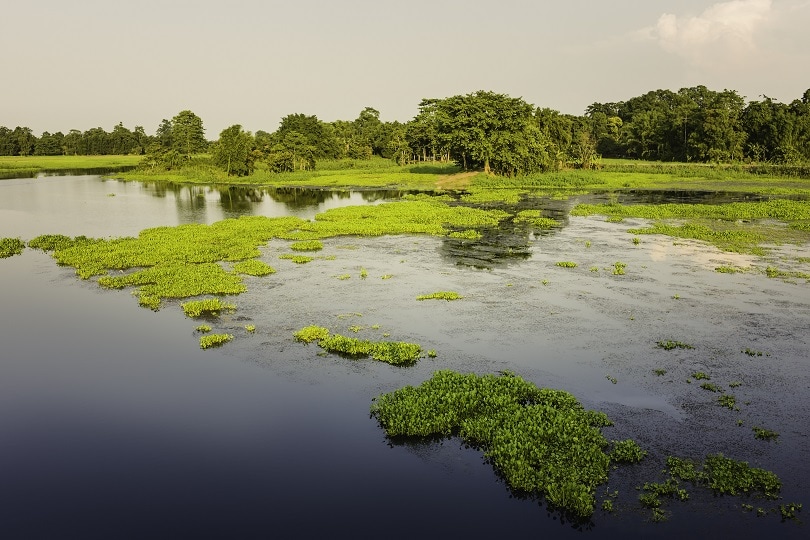
The mighty Brahmaputra provides ample opportunities for one to enjoy the river life. You can hire a boat and sail downstream on the Brahmaputra. The beautiful breeze coming from the northern Himalayas is going to soothe you. Who wouldn’t want to enjoy a boat ride with their loved ones in such an ambience?
Majuli: the island we may soon lose forever
Global warming and the subsequent rise of water levels has caused the Brahmaputra to slowly but surely reclaim vast portions of the island. Given the fact that the impact of global warming is increasing at a progressive rate, it may soon go underwater completely. So don’t miss your chance to experience one of the most amazing tourist sites the country has on offer. Go as soon as you can, you won’t regret it. Else one day in the near future you may turn on the TV to a news report saying, ‘Majuli, the largest river island in the world is lost forever.’
Recent Posts
Top Picks
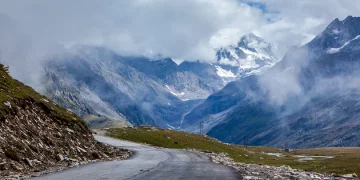
- OYO
 15 April, 2024
15 April, 2024 - Cultural Tour

- OYO
 15 April, 2024
15 April, 2024 - Cultural Tour

- OYO
 15 April, 2024
15 April, 2024 - Cultural Tour

- OYO
 15 April, 2024
15 April, 2024 - Cultural Tour

- OYO
 15 April, 2024
15 April, 2024 - Cultural Tour

Please rotate your device
Please go back to portrait mode for the best experience



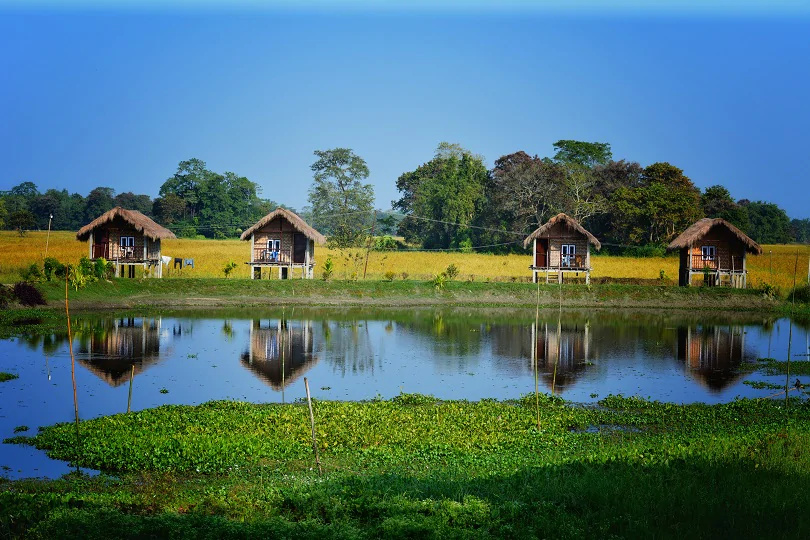

 April 15, 2024
April 15, 2024 